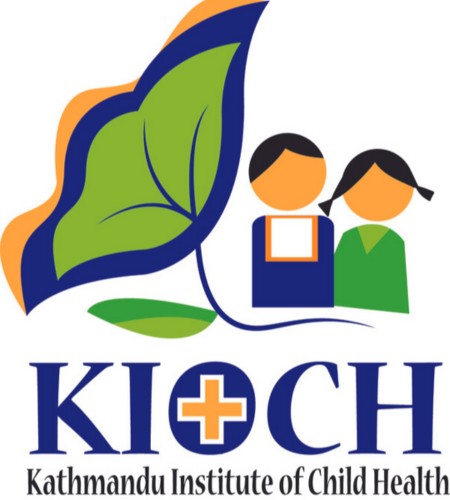

*Source: Experts in the field of (child) health in Nepal
KIOCH provides specialized care and takes on a leader role in the care network.
This means that KIOCH:
Has a strong focus on building collaborations with its partners.
In order to be a referral hospital KIOCH will have to collaborate with the existing healthcare institutions.
In phase 1 KIOCH will not have satellite clinics, so patients need to be referred by existing healthcare providers. Therefore KIOCH focuses on establishing strong relationships with existing healthcare institutions. KIOCH will offer existing healthcare institutions trainings in screening patients that are in need of care provided by KIOCH. In return for the collaboration KIOCH offers the institutions support in providing care (standards and protocols) and consultancy services.
Kioch-6Figure 2b: Types of care providers within care network
KIOCH is a not for profit organization, and therefore cannot raise equity funding.
In order to construct a hospital, we are currently soliciting formal offers from potential contractors.
Current estimates are that we need construction costs of approximately NPR 600 million.
Start up costs (costs to recruit staff, to set up referral networks, etc.) are estimated as a once-off cost of NPR 10 million.
The timing of these costs is estimated to occur in the last year of construction (i.e. the year before operations commence).
Medical equipment costs are estimated at approximately NPR 500 million.
In the first year of operations, a working capital injection of roughly NPR 50 million will be required.
Including the projected loss for the first year, this gives rise to a funding need of NPR 1,300 million.
Based on the required funding and the business case:
Donor funding should be the basis of the funding for KIOCH. We KIOCH requests NPR 900 million in donor funding, to be provided as follows:
2019: NPR 200 million
2020: NPR 200 million
2021: NPR 100 million
2022: NPR 400 million
A limited amount of debt can be used to fund KIOCH. Therefore KIOCH requests NPR 400 million in debt funding, to be drawn as follows:
2021: NPR 200 million
2022: NPR 200 million
Request for our investment memorandum